Georgia statewide office races | Guide to candidates, their priorities
There are seven statewide offices on the ballot, besides U.S. Senate and governor.
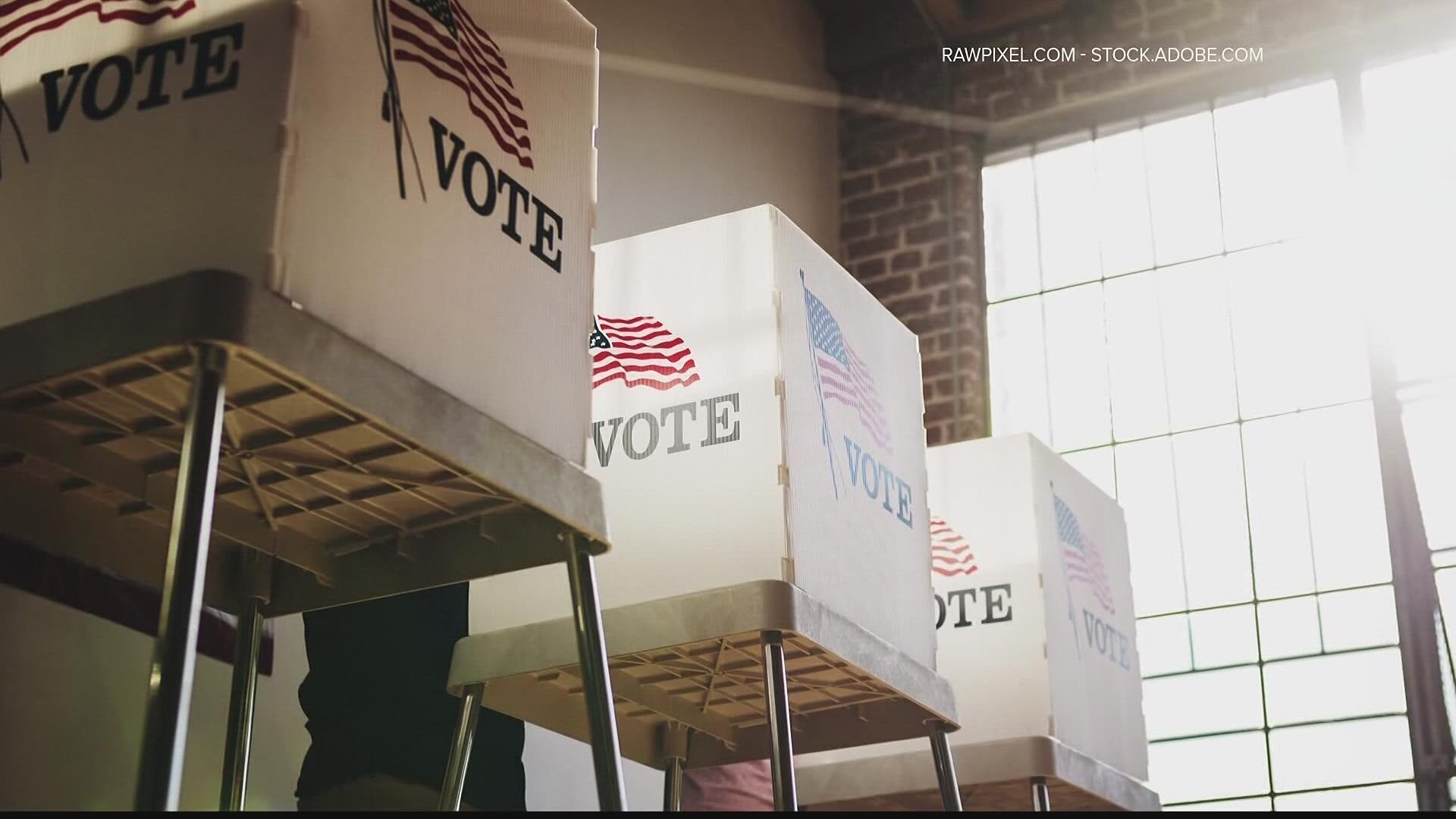
Georgia's races for governor and U.S. Senate have taken center stage leading up to the midterm elections, but voters will have to weigh in on seven other statewide offices that will shape the Peach State in the years to come.
The coronavirus pandemic renewed emphasis on Georgia's Superintendent of Schools and the Labor Commissioner as student learning and unemployment benefits became part of the volatile and uncertain times. Georgia's Secretary of State Office also gained familiarity and it was thrown in the national spotlight during the 2020 presidential election. And, more recently, the Attorney General's Office gained new prominence as Georgia's abortion law took effect following the reversal of Roe v. Wade.
Georgia's politics have a way of impacting every voter. Here are the candidates who think they're up for the job and what they hope to bring to the office - if elected.
Lt. Governor
The Georgia lieutenant governor's role is a critical component in how legislation is introduced in the Senate, by directing bills to committees. The lieutenant governor also influences the Senate by appointing the chairpersons of committees, who will in turn then have an influential role in how legislation advances through the chamber.
Burt Jones (R)


State Sen. Jones bills himself as a lifelong conservative and businessman. He was first elected to the State Senate for District 25 in 2021. According to his website, he played a role in passing Georgia's SB 202, the state's new voter law. He was at one point under investigation in Fulton County as part of the 2020 election interference probe, for serving as one of the "alternate" electors who submitted an illegitimate slate of Electoral College votes on behalf of former President Donald Trump. However he successfully moved in court to have DA Fani Willis disqualified from investigating him over a conflict of interest.
Jones was former President Trump's GOP pick for this statewide office.
As Jones works to ascend in Georgia politics, he's laid out a platform focused on the economy, public safety and election integrity.
Jones wants to reduce the permitting and licensing process to get small businesses off the ground quicker and cut the state income tax. He thinks Georgia can create safer communities by increasing funding for local law enforcement and enhancing their retirement benefits. When it comes to election integrity, he wants to enforce SB 202 and increase the scope of the Georgia Bureau of Investigation to look into potential voter fraud in real time, according to his campaign.
Charlie Bailey (D)

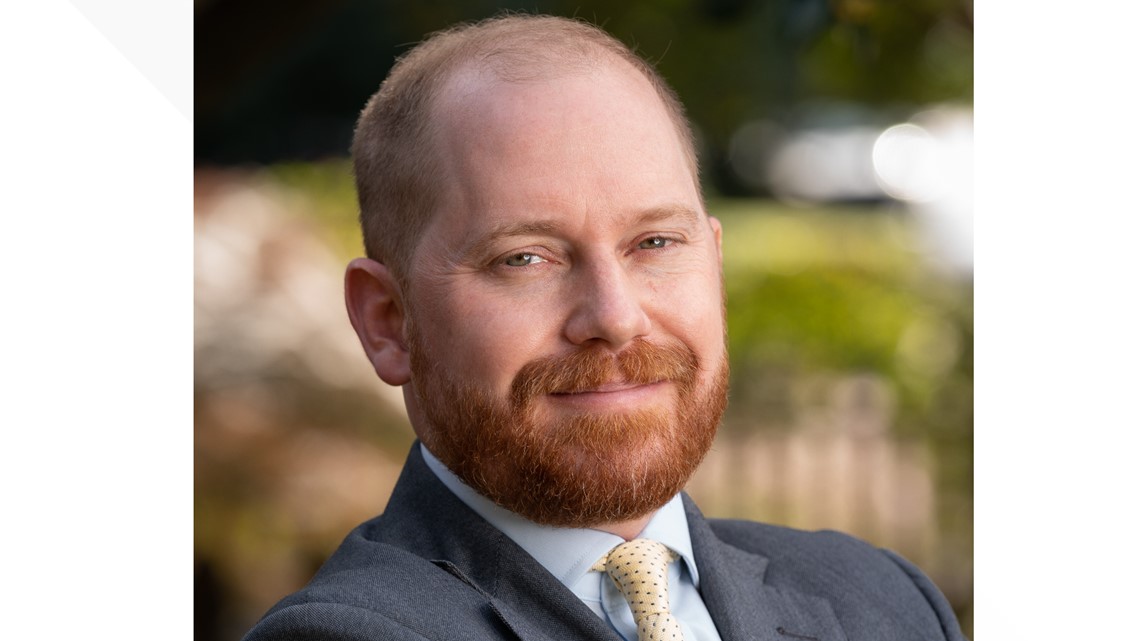
After winning a crowded Democratic runoff, Bailey is trying his hand in the lieutenant governor race after losing his bid for attorney general in 2018. A former Fulton County prosecutor, Bailey said he has spent his entire career getting justice for Georgians and intends to continue if elected to office.
While working in the Fulton District Attorney's Office, he prosecuted organized crime cases. On the campaign trail, he's outlined his goals of making the criminal justice system fairer and supporting better pay and training for law enforcement. His priorities also include improving teachers' salaries, investing in Georgia's technical schools and improving access to healthcare, previously mentioning expanding Medicaid.
Ryan Graham (L)

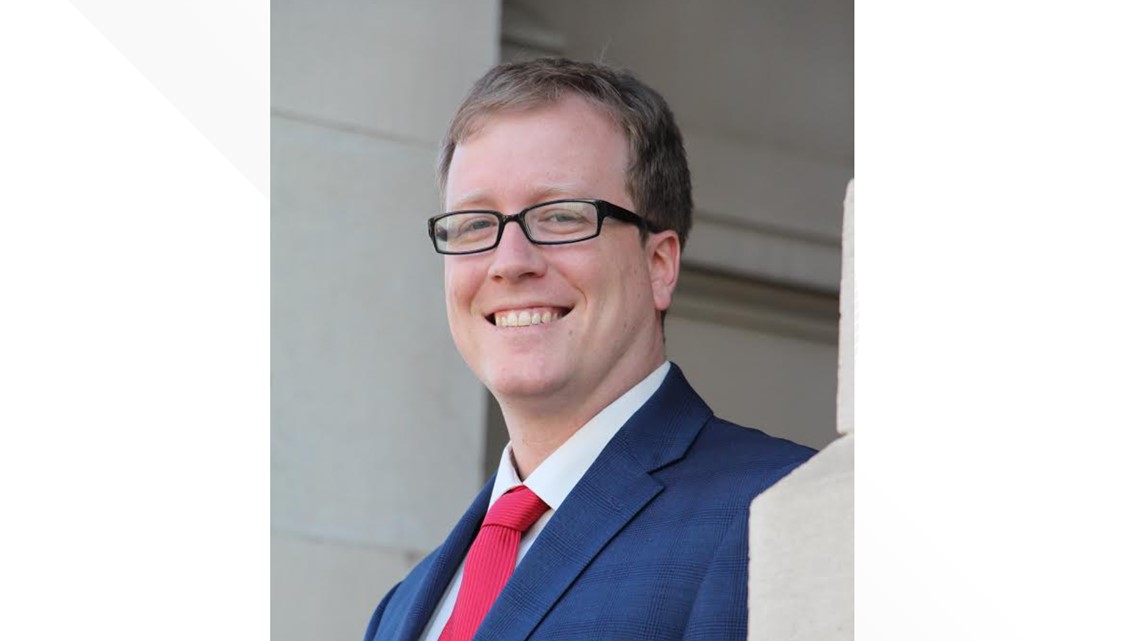
Graham is a project manager in software development and an active member of the Libertarian Party.
He has an expansive platform on criminal justice reform which prioritizes legalizing cannabis, calling current laws outdated. He also wants to end civil asset forfeiture to prevent law enforcement from taking property without due process. Graham said the rule gives law enforcement too much power and infringes on a person's right to due process. In the same vein, he wants to end sovereign immunity and reform the police - floating the idea of calling them peace officers who are still tasked with serving and protecting communities. He also wants to end the militarization of the police force.
Secretary of State
The Georgia Secretary of State is most famously responsible for the state's election administration and verification. This includes pretty much every level of the election process - registration, implementation of the state voting system, maintaining the state's voter rolls, campaign finance disclosure and ultimately certifying election results. It also oversees licensing, business, and charity creation.
Brad Raffensperger (R - Incumbent)

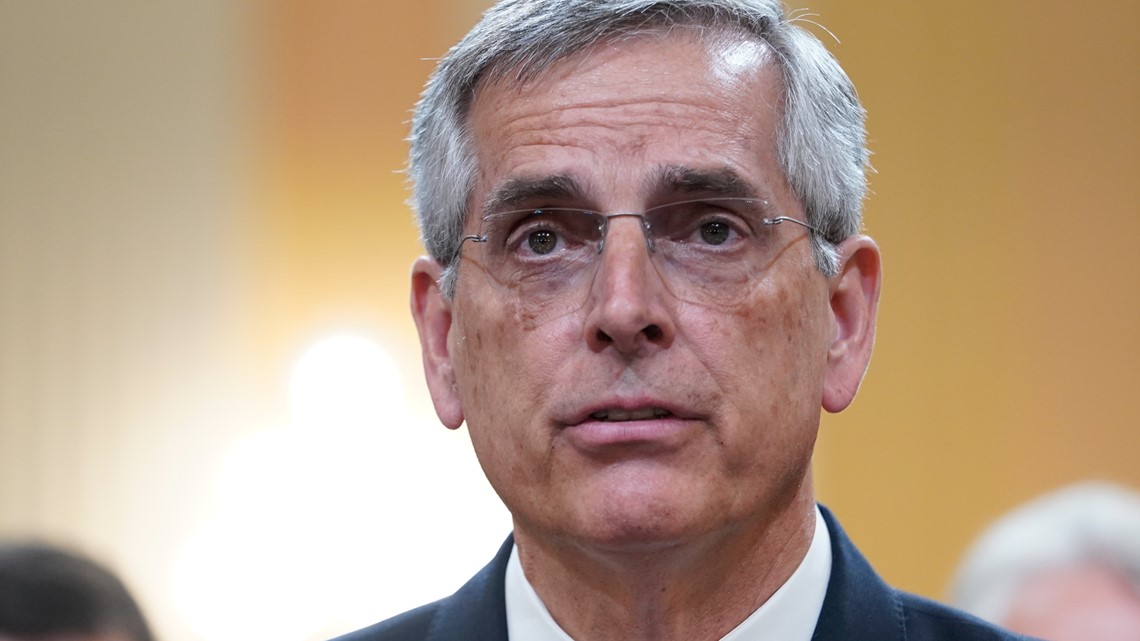
Secretary Raffensperger currently serves in the office with his name making national headlines during the 2020 election cycle most famously for a phone call in which then President Trump pressed him to find votes that would flip Georgia's election result.
Needless to say, election integrity is a priority for the office and a priority for Raffensperger. A business CEO and licensed engineer, the secretary said his decision to purchase and distribute modern voting machines that could be audited and verified helped secure Georgia's 2020 election - noting they all give the ability to recount votes by hand if necessary (an expansive, longstanding lawsuit against the use of the machines remains ongoing.) This aligns with his campaign belief that elections should be auditable and transparent.
He also believes states - not the federal government - should run elections. Raffensperger also said that third-party individuals, whether volunteers or election workers, should not be allowed to gather and submit completed absentee ballots - emphasizing that voters should be the ones to submit their ballots themselves.
Bee Nguyen (D)


State Rep. Nguyen was the first Asian American Democratic woman elected to the General Assembly and the first Vietnamese American woman to be elected to the Georgia House. She could make history again as the first Asian American to hold statewide office if elected to become Georgia's next Secretary of State.
She currently represents House District 89, Stacey Abrams' previous district. Nguyen gained national attention in a now-viral video fact-checking the Trump campaign's claim that voters cast illegal ballots in the state. Billing herself as a voting rights expert, she said she would use the same fervor to make sure elections are fair and secure.
This includes utilizing text message alert systems to increase voter education and outreach, developing kiosks to securely submit vote-by-mail applications and scan ID software with a focus on areas with a lack of access to broadband, and translating all election materials. She also wants to focus on preventing and mitigating election disinformation, cybersecurity threats and foreign interference.
Ted Metz (L)
The son of a U.S. Air Force pilot, Metz has worked as part of the satellite telecommunications industry, as a scientist, and an insurance and financial professional. The twists and turns of his career were also rooted in Georgia education as he studied organic chemistry at UGA and risk management and insurance and business administration at Georgia State University.
His platform centers around election integrity, saying casting a ballot should be easy, cheating should be hard but easy to detect and Georgians have a right to honest, transparent and auditable elections. He says this can be accomplished by doing away with electronic voting systems and sticking to paper ballots.
Metz throws his support behind voter ID, absentee signature matching, hand-marked paper ballots, a "strict chain of custody," and penalties. He opposes ballot drop boxes, ballot collection, and private and corporate election funding.
Attorney General
Georgia's top lawyer oversees legal matters regarding the state. The attorney general also provides opinions on questions that determine legal interpretations of state agencies. Georgia's attorney general can also help tackle legal matters on behalf of the state, challenging initiatives or laws at the federal level.
Chris Carr (R - Incumbent)

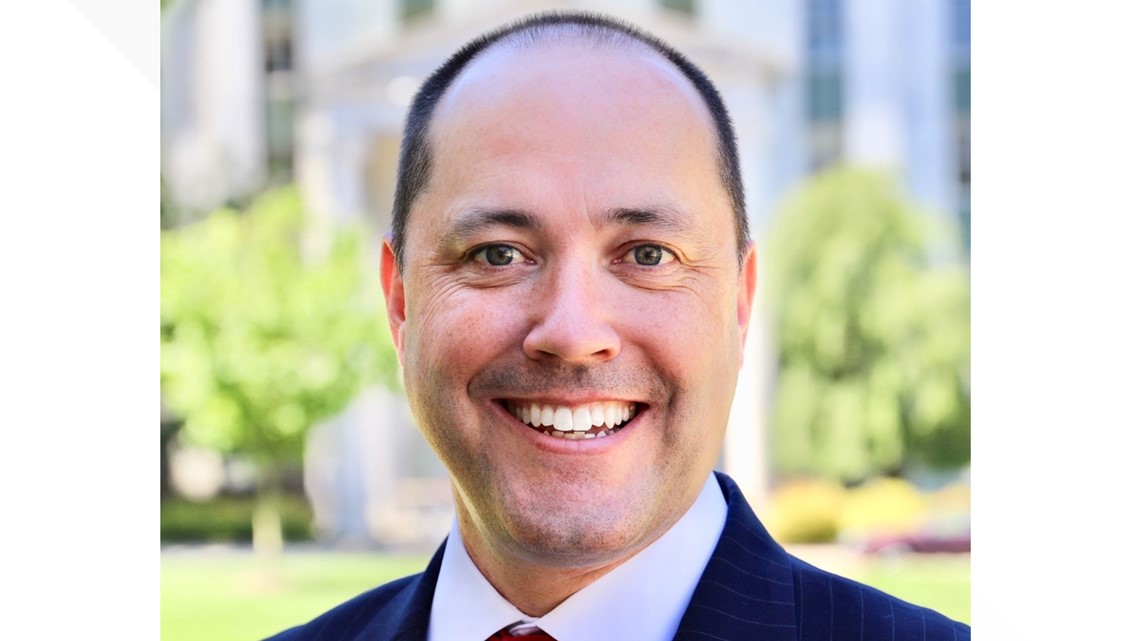
Carr was first elected as Georgia's Attorney General in 2016, but his experience in the state's political field also includes his time as Commissioner of the Georgia Department of Economic Development. He also served as former U.S. Sen. Johnny Isakson's chief of staff for six years, according to his campaign.
His team says he hopes to continue the efforts he has already laid out in office like addressing violent gang activity in the state and prioritizing the prosecution of human trafficking cases.
This year, his platform also includes what his campaign deems fighting federal overreach which outlines his stance against vaccine mandates, efforts to "punish parents who question their school boards," quashing laws that restrict the Second Amendment and stop D.C. statehood. Carr said his office would also crack down on elder abuse and continue efforts to fight the opioid crisis.
Jennifer "Jen" Jordan (D)

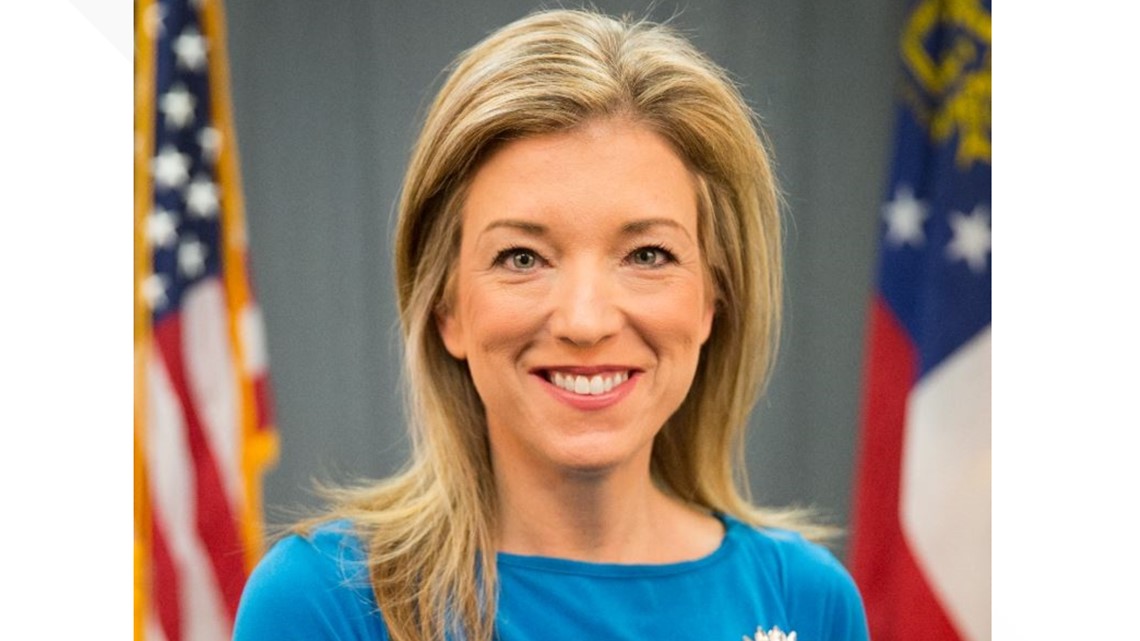
State Sen. Jordan was elected to the General Assembly in the 2017 special election and has represented District 6 ever since. She currently serves as the chair of the Senate Special Judiciary Committee and as a member of the Senate Banking and Financial Institutions, Government Oversight, Interstate Cooperation, Science and Technology and Reapportionment and Redistricting Committees.
She believes her experience as a practicing lawyer and time serving under the Gold Dome have equipped her to be Georgia's top law official. If elected, she hopes to "create a level playing field for all Georgians."
Jordan's platform includes defending voting rights, fighting for environmental regulations and policies that are fair to help keep Georgia's water and air clean, and protecting consumers from predatory practices, according to her campaign. At the top of her agenda is to also reform the criminal justice system by providing more oversight over police accountability mechanisms and utilize community-led public safety strategies, her team said.
She has also staked out abortion rights as a key platform, saying she would not defend Georgia's restrictive abortion law if elected.
Martin Cowen (L)
The Libertarian brings his decades of experience as an attorney to his race for Georgia's top legal office. He's also been an active member of the Libertarian Party and has actively fought to bring visibility to the ideology in Georgia's largely two-party system.
With a previous run for U.S. Congress, Cowen has shared his views on the student loan forgiveness plan and shared his insight into adjusting bankruptcy laws as a solution, as well as authored material vehemently opposing vaccine passports and mandates.
During Cowen's campaign for Georgia Attorney General, his team has highlighted his intent to protect Georgians' Second Amendment Rights, his opposition and intent to abolish no-knock warrants and related strategies for law enforcement and lessen government oversight. His campaign is running on four tenets: to follow the law, to be ethical; to be professional; and to be nice - and vows to keep these pillars at the forefront of his policymaking and enforcement.
Agriculture Commissioner
Georgia's office is dedicated to maintaining the state's farm industry and protecting consumers. The commissioner helps oversee the animal industry, food safety, pesticides, and related licensing.
Tyler Harper (R)

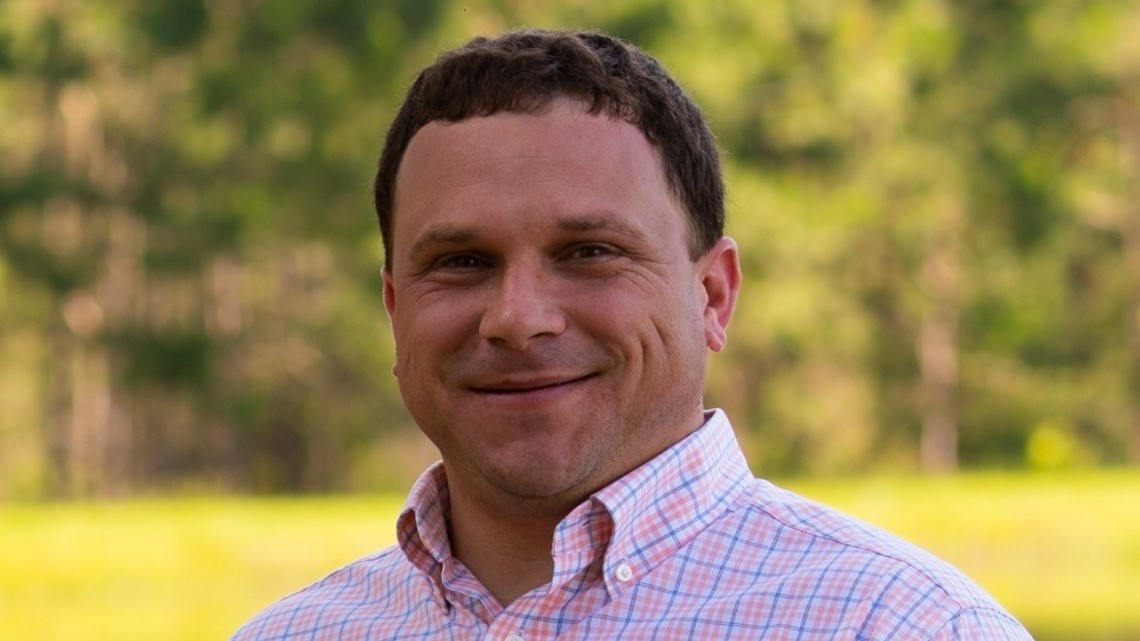
Billed as the candidate who has lived Georgia's farm values, the seventh-generation farmer and small businessman Tyler Harper is an Agricultural Engineering graduate of the University of Georgia and currently serves as a state senator representing District 7.
If elected into state office, he plans to execute a farmers-first agenda that will prioritize funding for one of Georgia's largest industries. He will work to get more Georgia products on shelves while securing trade deals that will help improve a farmer's earnings. He vows to eliminate trade deals that don't put Georgia growers first and gives international producers an upper hand in state business.
To assist in Georgia's growth, Harper will prioritize infrastructure to support it, according to his campaign. He wants to establish rural broadband and high-speed connectivity to help farmers stay competitive and to partner with the private sector to help improve output.
Nakita Hemingway (D)

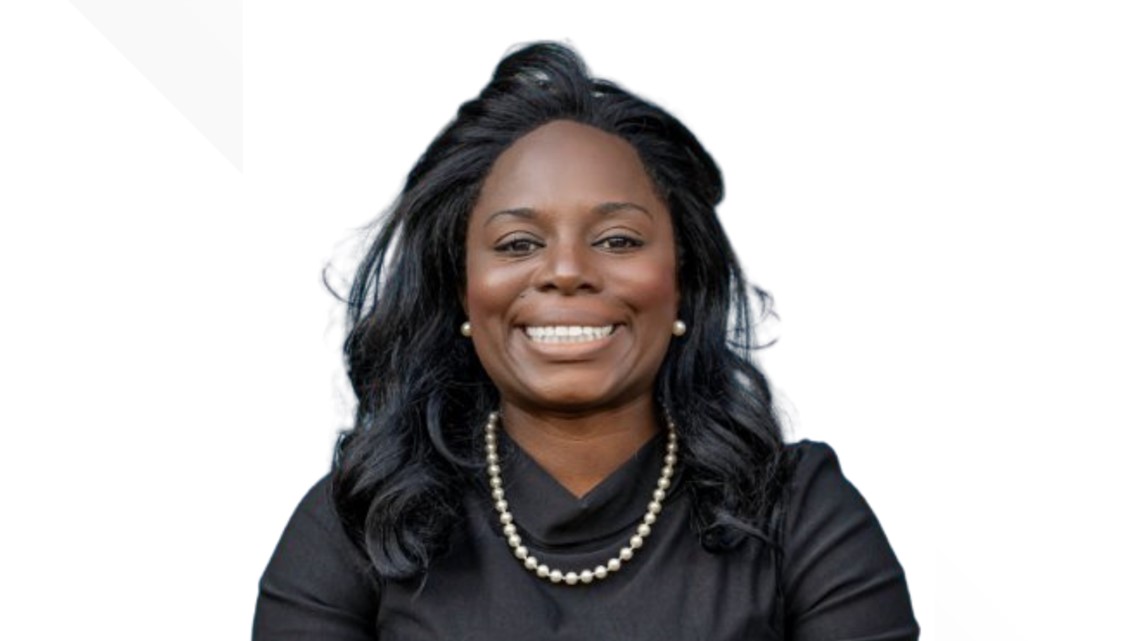
A realtor and a cut-flower farmer, Hemingway said she recognizes the challenges farmers and landowners face in Georgia.
The Georgia native believes the state's agriculture industry is also feeding the future - which is why she's outlined a plan to eradicate childhood hunger in the state by 2025. It includes launching an emergency task force on childhood hunger with state agencies and nonprofits and creating a state hunger authority within the department to ensure food, funding and logistics services. In turn, she wants to partner with Georgia's Department of Education to create a K-12 learning and skills program billed Every Child is a Farmer, so children are exposed to the industry and learn more about food and nutrition.
Hemingway also aims to "connect our makers with our markets" and bring more Georgia products into local stores and expand existing supply chains. This can be accomplished by investing in food distribution systems and improving food transportation, according to her campaign.
The Democratic candidate also hopes to fully legalize cannabis in Georgia and capitalize on the new industry. Separate initiatives include identifying forced labor on Georgia farms to help stop human trafficking and create a system for people to report human rights violations related to farmland and farm operations, visa status and more to the department.
David Raudabaugh (L)


A Marietta businessman, Raudabaugh has worked in the security industry and has founded cannabis-focused technology start-ups. He currently serves as the head of the Cannabis Hemp Education Research Company trying to bring education and research of the plant to the public.
He wants to become Georgia's Agriculture Commissioner to look out for farmers and consumers. Raudabaugh said he can do this by helping Georgia's farmers and ranchers have access to global markets and eliminate government oversight that stunts agricultural growth.
With cannabis the foundation of his platform, the Libertarian said he will also implement the regulation of legalized cannabis, work with lawmakers to ensure medical patients have access to safe products and work with Georgia's universities to advance the study of cannabis and its diver applications.
Superintendent of Schools
As a leader of Georgia's Department of Education, the state superintendent oversees K-12 learning, school boards, and advisory councils. Over the past few years, the office has had to navigate the coronavirus pandemic, the growing conversation about school safety, standardized testing and teacher pay.
Richard Woods (R - Incumbent)

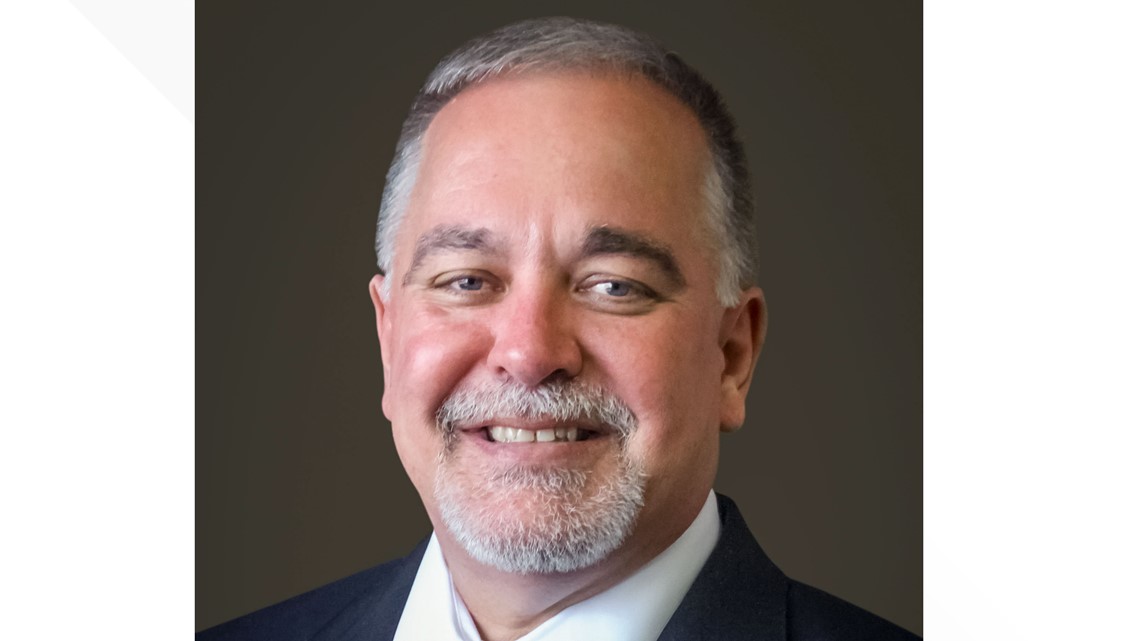
Woods is aiming to serve a third term as Georgia's School Superintendent.
With nearly 30 years of experience in K-12 education and 14 years spent as a high school teacher, Woods maintains that what happens inside the classroom is the greatest barometer of the education system.
His campaign is working to address school safety by expanding mental health support and school resource officer funding, creating a line item for campus safety funding, and securing educational facilities while coordinating best practices.
When it comes to teacher pay, he wants to expand salary step increases across a teacher's career and continue to protect retirement and healthcare benefits. His campaign said he also wants to get rid of Student Learning Objectives (SLOs), lower the weight of test scores and revamp teacher evaluation tools, hoping to adopt a pilot recently launched by the department to become the standardized model. For students, he'd like to reduce testing redundancy and create detailed public dashboards for school ratings.
Alisha Thomas-Searcy (D)

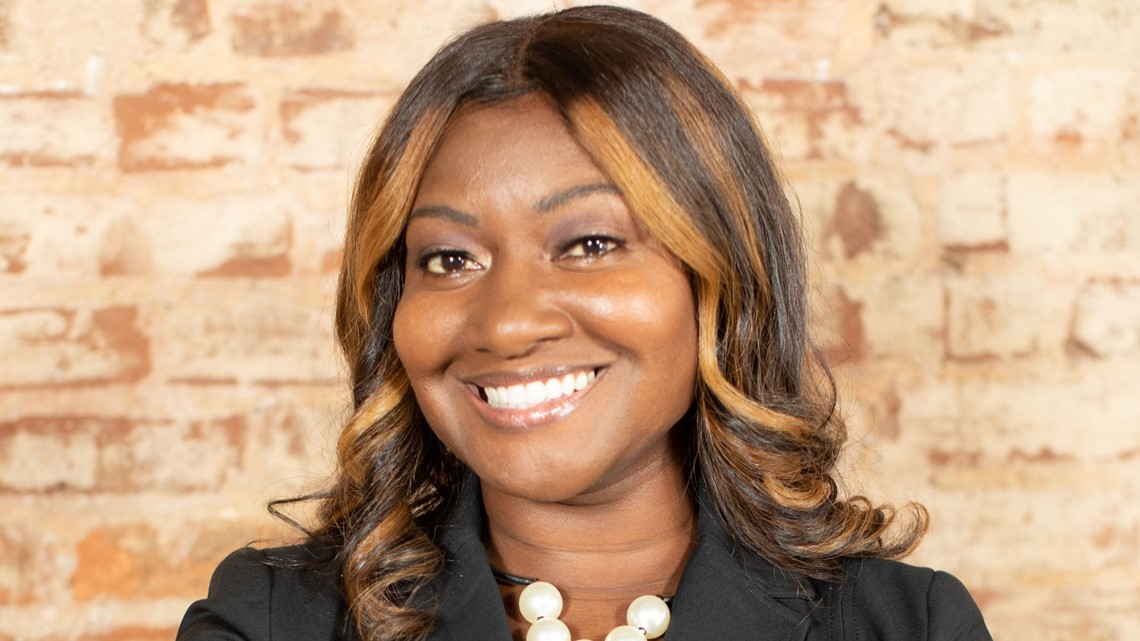
At 23, Searcy made history as the first African American to serve Cobb County in the Georgia House of Representatives, according to her campaign website. She went on to serve six terms and sat on the Education, Appropriations and Health and Human Services committees.
Pivoting her politics with her sights set on education, Searcy has also coauthored the state's Teach and Leader Evaluation System, according to her campaign. She is focused on giving parents power in their child's education and said her track record proves she can do that as Georgia's top educator as she authored the state intra-district transfer law. Her experience on the committee also allowed her to coauthor the amendment that created the State Charter Schools Commission, which oversees charter schools in Georgia.
Her campaign's main focus surrounds school safety and she's hosted roundtables to help pinpoint how the community wants Georgia leaders to approach the issue. Her campaign is not taking a blanket approach to the issue but hopes to fine-tune safety plans according to community needs.
Labor Commissioner
Leading the Georgia Department of Labor, the Labor Commissioner is responsible for sending out unemployment payments. It also works with public and private partners to help build a workforce system that contributes to Georgia's economy.
Commissioner Mark Butler became the state's first Republican to fulfill the role in January 2011; the next commissioner will inherit the fallout from the coronavirus pandemic and Butler's programs like GeorgiaBEST to help provide high school-based certificate plans to help students become "work ready," according to the DOL website.
Bruce Thompson (R)

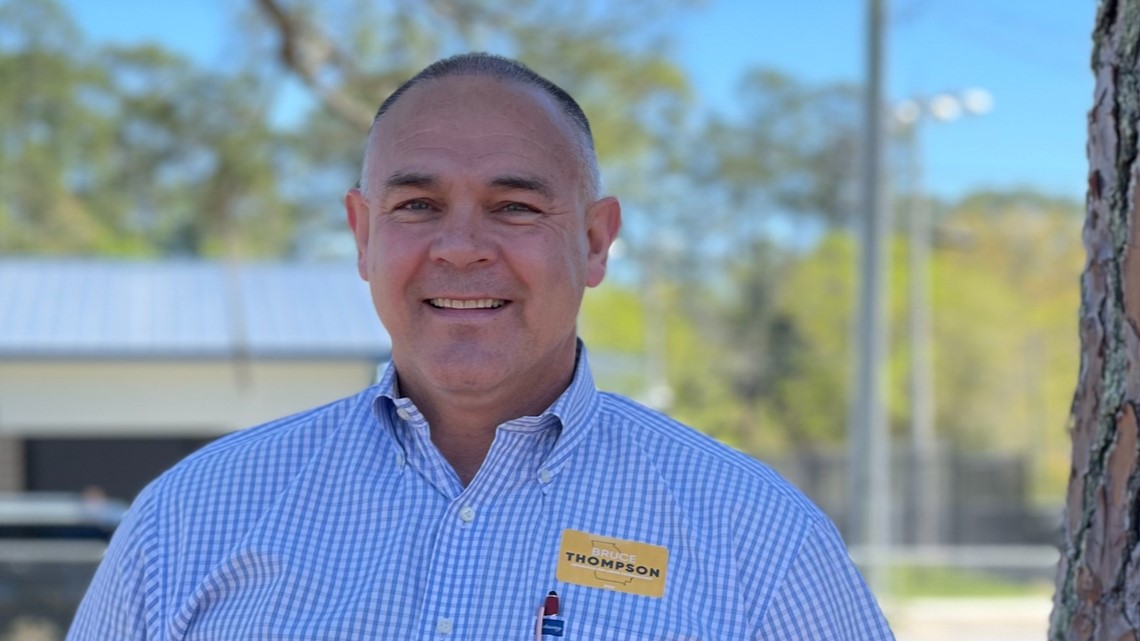
Currently serving in Georgia's General Assembly as a state senator, Bruce Thompson hopes to continue the mission and goals already established by the department.
Thompson is also prioritizing restoring credibility in the office, saying "the public's trust for the Department of Labor is at an all-time low," after hiccups during the COVID-19 pandemic. He also wants to restore trust by working with the General Assembly and the governor's office and establish reliability by modernizing the agency with affordable and cutting-edge technology. His campaign proposes upgrading software to a cloud-based system that Thompson's team says will reduce the cost of processing claims while providing a user-friendly interface.
William "Will" Boddie Jr. (D)

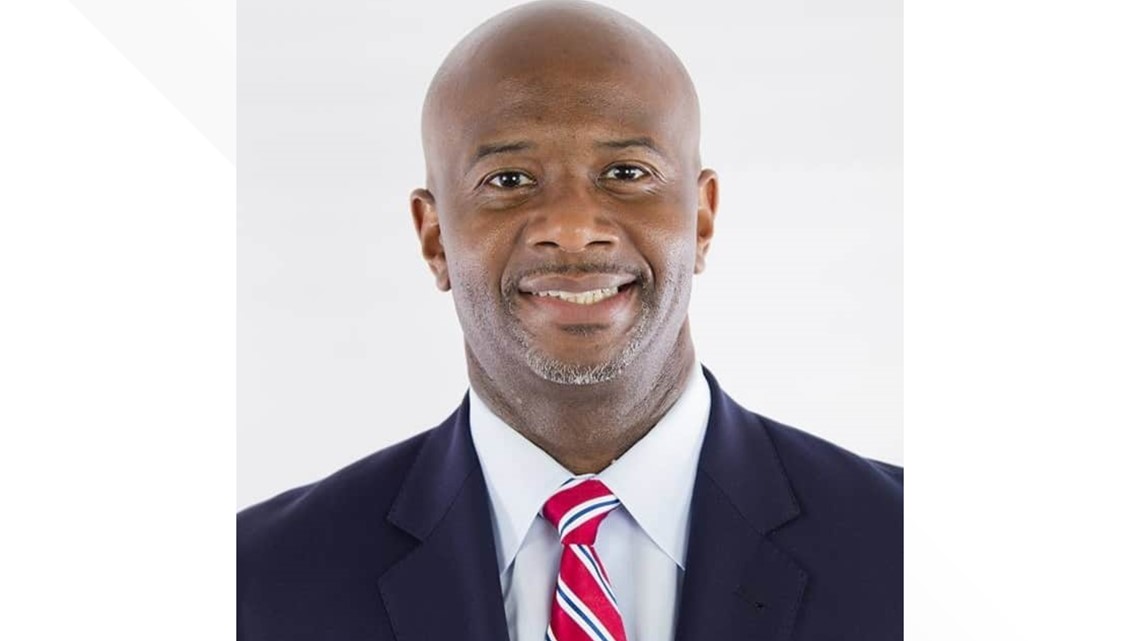
State Rep. William Boddie represents Georgia's House District 62 and has been in office since 2016. He said his time in office has revealed how Georgia's labor force needs to be supported and how the office needs to be modernized.
He vows to reopen unemployment offices that were shut down during the coronavirus pandemic and prioritize quality customer service to immediately process all unemployment insurance claims for eligibility.
Boddie also wants to establish a portal so small businesses in the state can fill jobs by efficiently connecting with veterans and job seekers. He's also dedicated to opening more career centers throughout the state, saying the 42 centers for Georgia's 159 counties are not enough for the state's rapidly growing population.
Running as a pro-union candidate, Boddie says he will also fight for workers to get livable wages and plans to provide vocational training and apprenticeship opportunities so the next generation of workers can "earn as they learn." Tapping into the state's technical colleges and vocational schools, he hopes to work with already established resources to help fill gaps in the state's labor force.
Learn more about Boddie's priorities and his work in the General Assembly by visiting his campaign website.
11Alive originally listed Bruce Thompson as the incumbent in error. The story has since been adjusted.
Emily Anderson (L)
According to the Secretary of State's website listing qualified candidates for the November election, Emily Anderson is listed as the Libertarian candidate for labor commissioner.
11Alive reached out to Georgia's Libertarian Party and her campaign on Oct. 4 to learn more about her platform. This portion of the story will be updated once a response is received.
Insurance Commissioner Subtitle here
Georgia's leading insurance regulator for companies and buildings, the role oversees the Office of Commissioner of Insurance and Safety Fire. It's split into three factions, the insurance division, safety fire division and premium tax. Together, the office oversees consumer services and oversight, agent licensing, compliance with insurance tax laws and the fire marshals.
John King (R - Incumbent)

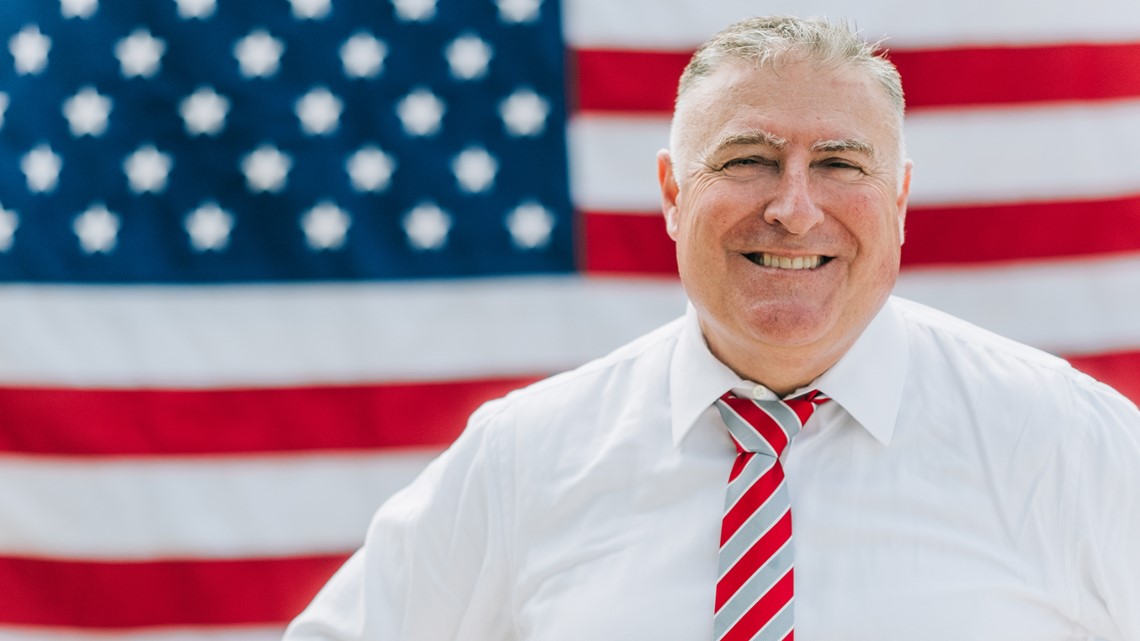
Sworn in as the first Hispanic statewide official in Georgia history in 2019, King has served the office as a detective and later deputy chief over enforcement operations. King comes from a law enforcement background previously patrolling as Doraville's chief of police and also served as an officer with the Atlanta Police Department.
A native of Mexico, King's campaign said he works to build trust in the state office, eliminate corruption, and advance policies that prioritize consumers. He said he brings his law enforcement background to the role of embracing Georgia's diverse population and working with local leaders to put families and businesses out of harm's way.
Janice Laws Robinson (D)

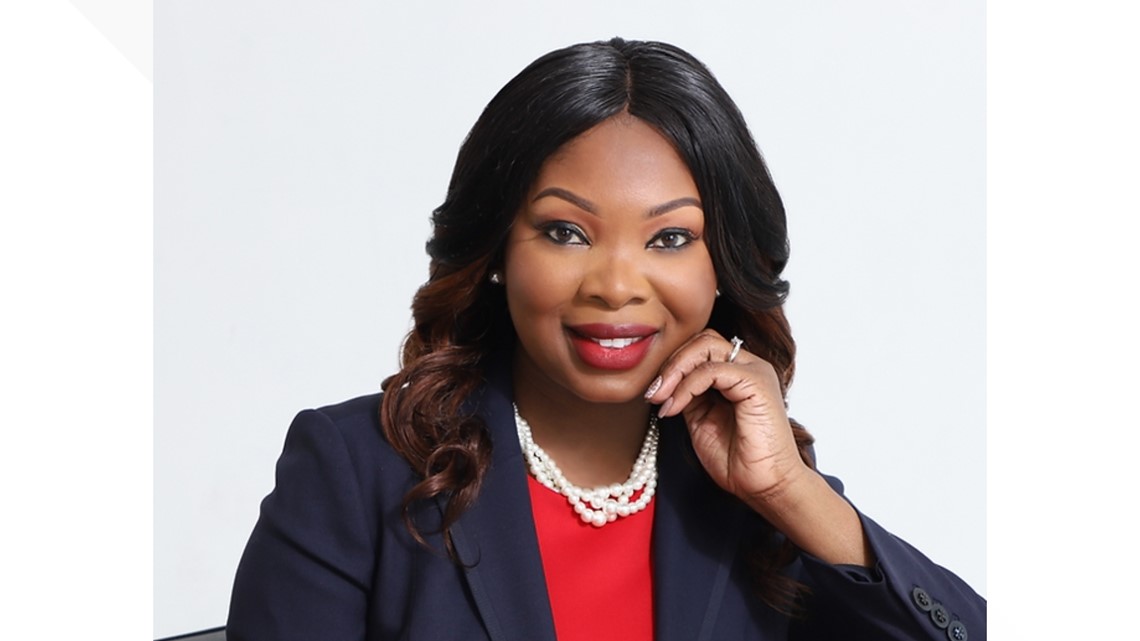
A repeat of the 2018 election, Robinson is again running to be Georgia's top insurance official.
Born in Jamaica and migrating as a teenager to the United States, Robinson said her background in becoming an entrepreneur and evolving her way into an award-winning insurance professional with decades of experience can help reshape the priorities of the office.
In her campaign, she hopes to fight for more affordable premiums, especially for auto insurance. She hopes to press lawmakers to cap rate increases and stop predatory underwriting practices. Robinson's campaign said she will also hold insurance companies accountable by working to prevent fraud and delayed claim payments. She intends to investigate predatory practices before they become patterns.
Though the office is found in Atlanta, Robinson wants to expand its reach by including regional offices across the state for local support and technological advances to help modernize the department. Her campaign outlines town hall initiatives and educational events to help keep Georgians updated about changes that impact their insurance.
11Alive is committed to helping you vote confidently by understanding the 2022 election issues that impact you. Our goal is to educate and inform our audience about the election process. We plan to do that by verifying facts, providing context, and explaining the system. Get more election resources here at https://www.11alive.com/vote.
